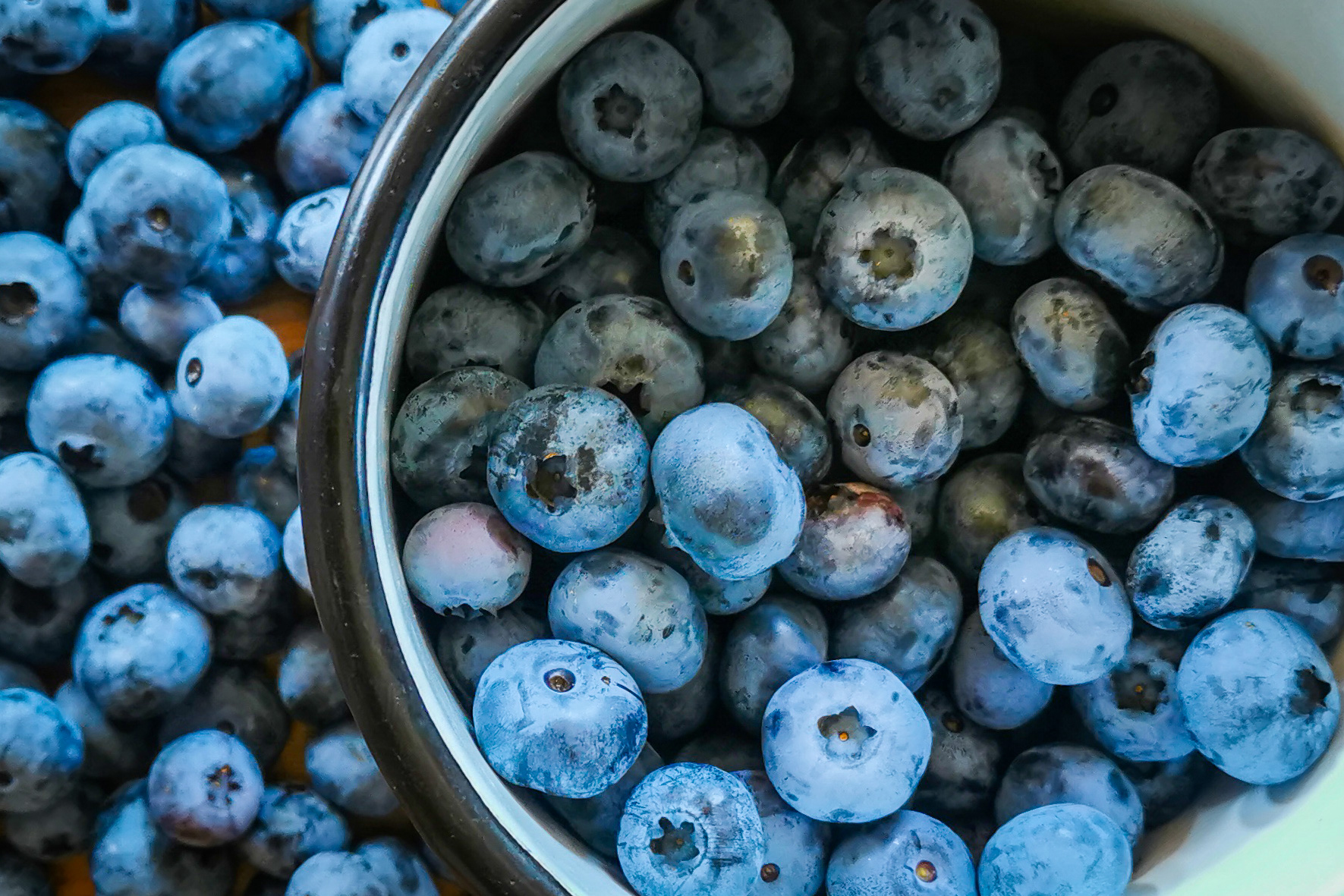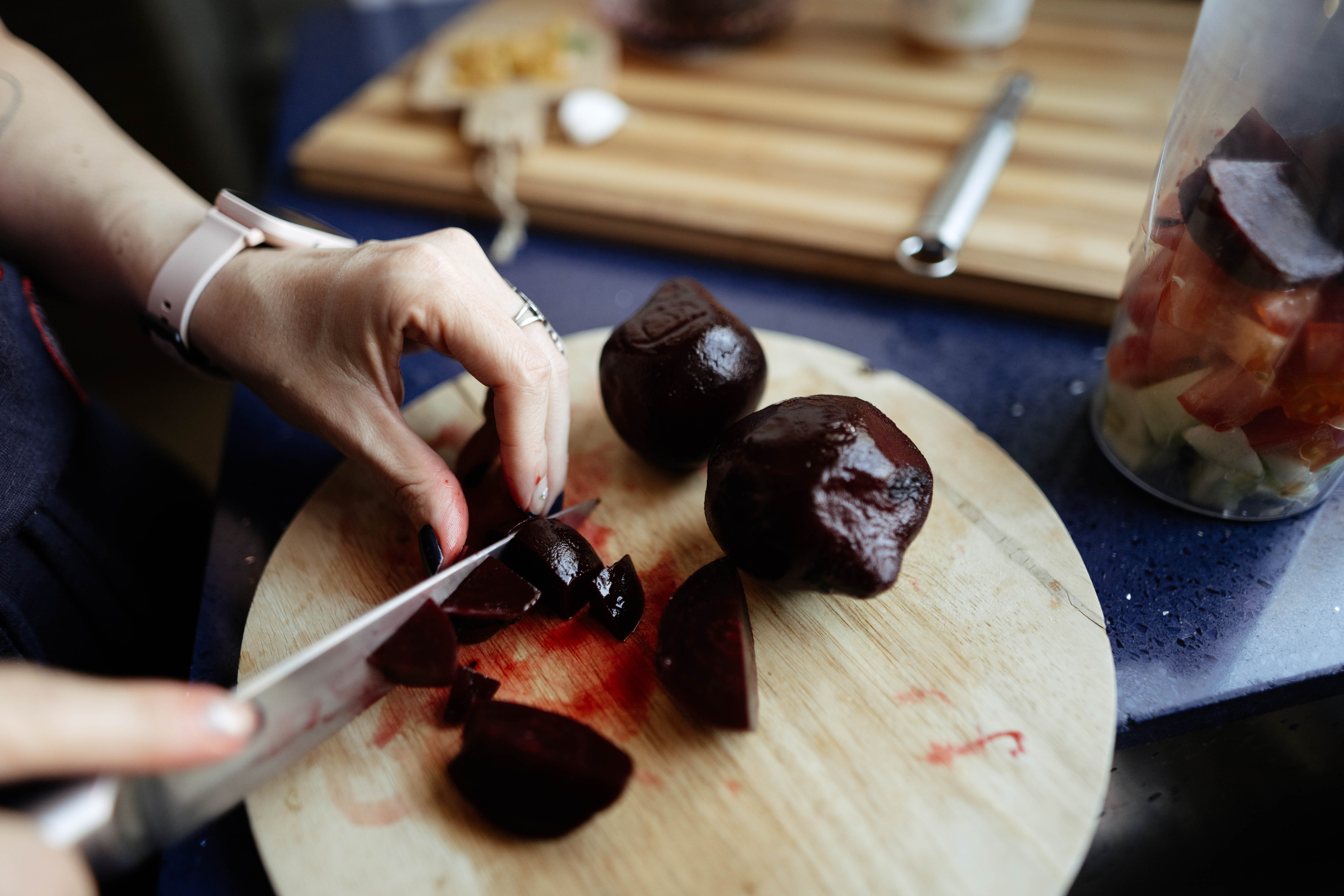What to eat to lower blood pressure
Wondering what to eat to lower blood pressure? Here’s what the experts say


Find out exactly what to eat to lower blood pressure as we ask the experts what factors are important and reveal small changes you can make. As well as nutrition, exercise (perhaps on the best exercise machines for weight loss) plays an integral part in lowering blood pressure, as does stress reduction and a good night’s sleep.
However, according to heart.org nearly half of American adults have high blood pressure, and experts say you can often treat it by making simple lifestyle changes like changing your diet.
Following a nutritious, heart-healthy diet is suggested for all people with high blood pressure, including those on blood-pressure-lowering medications, according to the journal Nature Reviews Disease Primers. A healthy diet is essential for lowering blood pressure and maintaining optimal levels. In addition, research has shown that including certain foods in your diet, especially those high in specific nutrients like potassium and magnesium, reduce your blood pressure levels.
How does your diet affect your blood pressure?
The journal Nature Reviews Disease Primers also explains that certain foods can lower blood pressure in the short and long term. Salty foods can cause high blood pressure. When you eat salt, your body retains more fluids, raising blood volume and pressure. Sugary foods high in saturated fats can also increase blood pressure.
On the other hand, eating a heart-healthy diet is essential for lowering blood pressure and maintaining optimal levels. Research has shown that including certain foods in your diet, especially those high in specific nutrients like potassium and magnesium, reduces your blood pressure levels.
Foods to lower your blood pressure
The American Heart Association recommends the DASH (Dietary Approaches to Stop Hypertension) diet for high blood pressure.
Studies have shown that the DASH diet can lower blood pressure in two weeks. In addition, the diet can also lower low-density lipoprotein (LDL) cholesterol levels in the blood. High blood pressure and high LDL cholesterol levels are two major risk factors for heart disease and stroke.
Get the Fit&Well Newsletter
Start your week with achievable workout ideas, health tips and wellbeing advice in your inbox.
The DASH diet recommends:
- Avoiding fried foods
- Eating lots of vegetables, fruits, and low-fat dairy foods
- Emphasizing foods that are rich in potassium, magnesium, and calcium
- Including moderate amounts of whole grains, fish, poultry, and nuts in your diet
- Limiting foods that are high in saturated fat, such as fatty meats, full-fat dairy products, and tropical oils such as coconut, palm kernel, and palm oils
- Limiting salt intake (sodium) to up to 2,300 milligrams (mg) a day
- Limiting sugar-sweetened beverages and sweets
There are specific foods that may have an effect on lowering blood pressure.
Blueberries
In one study, subjects with hypertension ate either blueberries or a placebo every day for eight weeks. After two months, results showed that those who consumed blueberries experienced a 5.1% and 6.3% reduction in mean systolic blood pressure and diastolic blood pressure, respectively.
Researchers conducted a study with more than 34,000 people with hypertension. They found that those with the highest intake of anthocyanins — mainly from blueberries and strawberries — had an 8% reduction in the risk of high blood pressure, compared to those with a low anthocyanin intake.
Oats
Oats contain a type of fiber called beta-glucan, which may lower blood pressure, according to research. A review of 28 trials concluded that higher consumption of beta-glucan fiber may lower both systolic and diastolic blood pressure.
Walnuts
A study published in Nutrition, Metabolism and Cardiovascular Diseases found that people who ate walnuts had lower diastolic blood pressure, waist circumference, and abdominal obesity than those who did not eat them.
Pears
Regular pear consumption may improve blood pressure in midlife men and women (45-65 years old) with metabolic syndrome. According to data published in Food and Function, 12 weeks of daily pear consumption showed benefits for systolic blood pressure.
Oily fish
Oily fish like salmon and trout are an excellent source of omega-3 fatty acids that may play a role in reducing blood pressure levels for many people. In 2018, the American Heart Association advised that eating one to two seafood meals per week can help people reduce their risk for adverse cardiac outcomes and may help them maintain healthy blood pressures.
Lentils
Lentils are loaded with heart-healthy nutrients like potassium and magnesium. In one review study, researchers found that their systolic blood pressure lowered when people exchanged other foods in their diets for lentils and beans, and their systolic blood pressure lowered.

Beets
Drinking beet juice can reduce blood pressure in the short and long term. In 2015, researchers reported that drinking red beet juice led to lower blood pressure in people with hypertension who drank 250 milliliters of the juice every day for four weeks. The researchers noticed some positive effects within 24 hours.
Yogurt
Dairy products like yogurt are loaded with key nutrients like potassium and calcium that support heart health. In one review study, researchers found that consuming three servings of dairy per day was associated with a 13% reduced risk of developing high blood pressure.
Leafy green vegetables
Leafy green vegetables are rich in nitrates, which help to manage blood pressure. Some research suggests consuming one to two servings of nitrate-rich vegetables every day can reduce hypertension for up to 24 hours.

What other factors lower your blood pressure?
If your high blood pressure is caused by lifestyle factors (rather than genetics), the American Heart Association recommends the following steps to reduce your risk:
- Stop smoking - Every time you smoke, it causes a temporary increase in blood pressure.
- Exercise - Regular physical activity helps lower blood pressure, control weight, and reduce stress.
- Lower your salt intake - The American Heart Association recommends an ideal limit of no more than 1,500 mg per day for most adults, especially those with high blood pressure. Even cutting back by 1,000 mg a day can improve blood pressure and heart health.
- Reduce your alcohol consumption - If you drink, limit your alcohol consumption to no more than two drinks per day for men and no more than one drink per day for women.
For more on this, take a look at how to lower your blood pressure quickly.
Catherine is a freelance journalist writing across titles such as Verywell Health, Healthline, The Daily Telegraph, Refinery29, Elle, and Vogue. She specializes in content covering health, fitness, wellness, and culture. A once reluctant runner, Catherine has competed in 30 running events in the past five years and looks forward to one day running the London Marathon.
-
 A walking coach says this exercise trend can help you hit 10,000 steps a day—here's how
A walking coach says this exercise trend can help you hit 10,000 steps a day—here's howThe 666 walking trend could get you to your target
By Lou Mudge
-
 A Pilates instructor says this is the beginner-friendly core exercise everyone should try
A Pilates instructor says this is the beginner-friendly core exercise everyone should tryForget crunches, this is the perfect foundation move
By Alice Porter